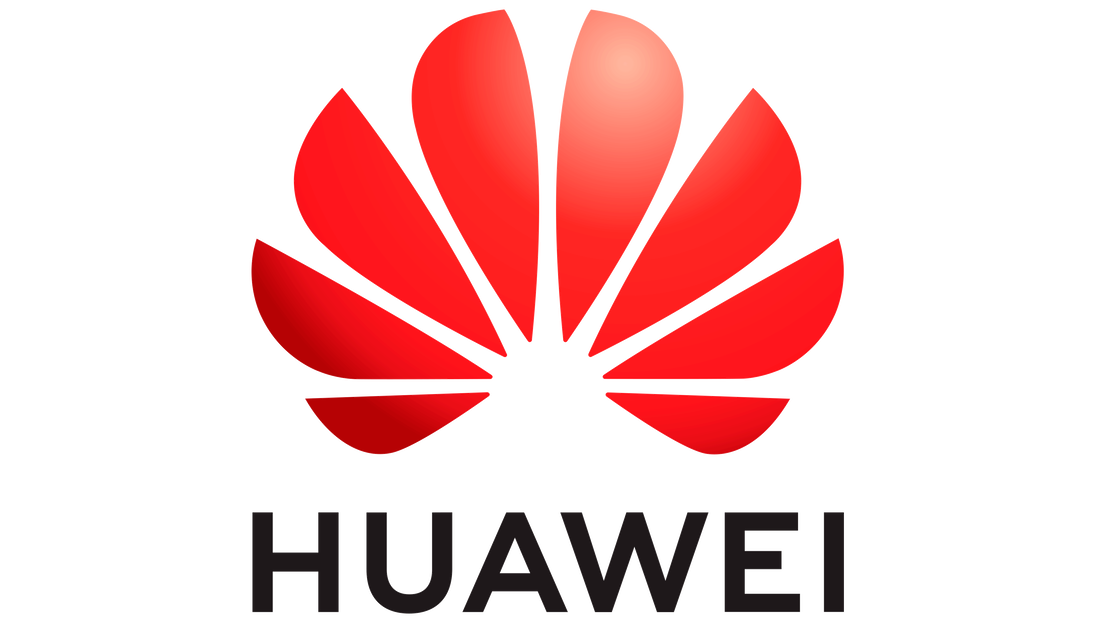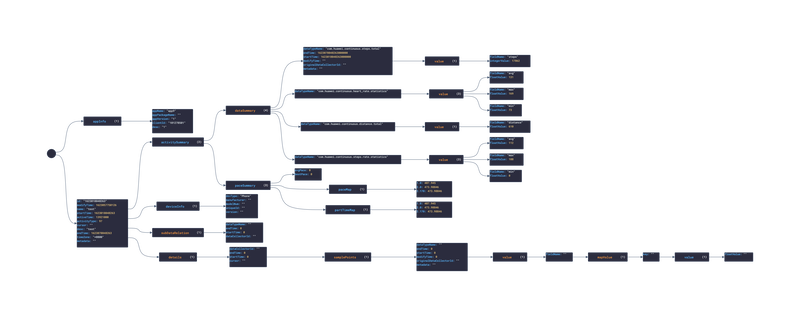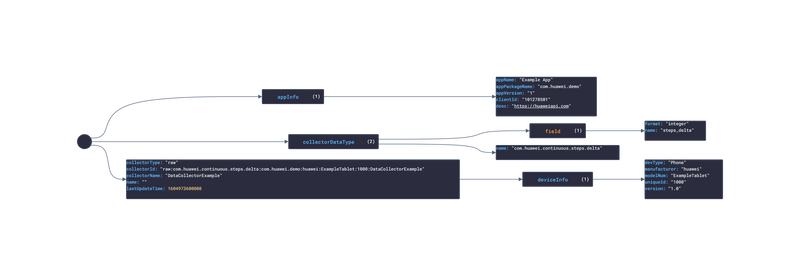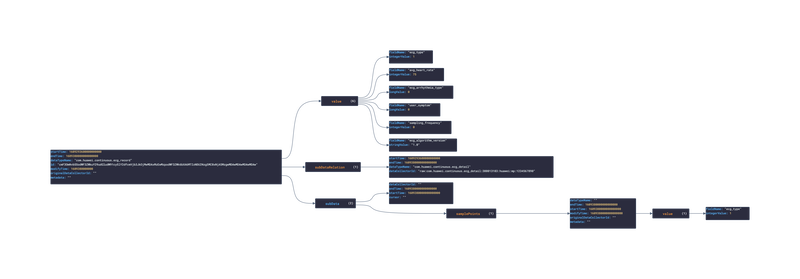|
In this post, we are going deeper into the Dynamic Data project, looking at the Huawei dynamic data (library available here on GitHub and at NPM). Opening the library, you’ll see there are 3 types of data objects: ActivityRecord, DataCollector, and HealthRecord. Learn more about dynamic data generators and the benefits of artificial data in software development. About the data source Huawei is a company that develops and sells a range of other consumer electronics products such as laptops, tablets, wearables, and smart home devices. Huawei has grown into a global technology giant and is now one of the world's largest providers of telecommunications equipment and smartphones. Huawei Healthkit is a software development kit (SDK) developed by Huawei that provides developers with access to health and fitness-related data from Huawei wearable devices and smartphones. This data includes information such as step count, heart rate, sleep data, and workout data. The Healthkit API provides developers with a simple and standardized way to access and utilize this data in their own applications, allowing them to create innovative and personalized health and fitness experiences for users. Huawei Healthkit is part of the company's larger ecosystem of software and hardware products designed to enhance the user experience across a range of devices. Approach used Huawei provides both an API and SDK to access and mutate user health data. By inspecting the example data and the reference, several JSON objects were constructed and then stored in an NPM package. Each of these JSON objects then had an associated 'Async' version created. The index file of the package imports these data objects and exports them in a collection called “Data”. These mockup files make up the huawei-data package. The huawei-mockups package imports the files above and goes through each attribute generating artificial (new) data using proprietary functions, such as those found in the utils package. For example, with the ActivityRecord object:
Use case ideas
Explore entirely new use cases
Ideas to combine with some other data sources
Open-source data library We welcome contributions and forks to this data set, and look forward to seeing what developers build in our Liberty. Equality. Data. Slack channel. Considerations for next version/improvements
Join our Slack community; Liberty. Equality. Data. to brainstorm and collaborate with other app developers, designers, and our team.
Comments are closed.
|
|
© 2024 PRIFINA INC.
|





 RSS Feed
RSS Feed